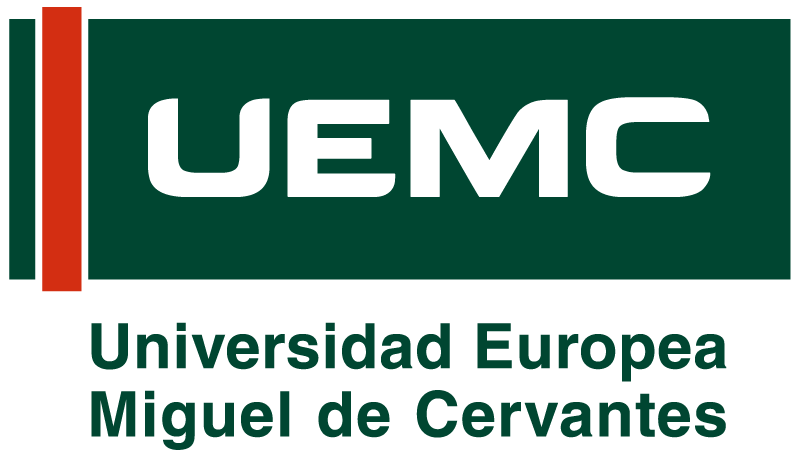By Sandra Gilch
I was walking through the oldtown of Benissa when I saw that frail old man walking on the other side of the road. He had a bag with groceries in the one and a walking stick in the other hand.
I wasn’t just randomly walking through the little village at the Costa Blanca. I was on a journalistic mission, researching for a travel article about the town which should reflect the way of life and the characteristics of the town through portraying the characteristics of its people.
There weren’t many people on the roads. So, I wondered if I would ever get the information I need without randomly ringing on doors. Luckily, the few people who were outside have been talkative and open with me (of course, we are in Spain).
An old man was the first person I greeted. As I didn’t want to overwhelm him too much, I came up to him very slowly, with a slight << Hola >>. He mumbled something I couldn’t understand. Then I realized that he was referring to the weight of his bag, which I took as an invitation to carry it. He told me, he just bought fresh fish which he would cook for him and his wife. As I had now his bag of fish in my hand, I assumed we would walk together to his house. It was just down the street, but as he was very unstable on his feet it took us a while to get there. He preferred to sit down, he said, and then he would tell me more about his life in Benissa. I could feel that he was happy to talk to me, even after I told him about my article idea. I was relieved that he took my interests serious and that he wasn’t scared off being mentioned in a newspaper.
When we reached the door of the man’s house, a young woman opened. He introduced me very nicely to her; she was his and his wife’s nursing assistance. They kindly asked me to come in. We sat together in their living room, the atmosphere felt very intimate. Everything he told me caught all my curiosity.
I realized that I was struggling to navigate the line between advocacy and journalistic neutrality. My personal interests in his life were overlapping my professional aims and I had to remind myself a few times of the reason I was actually there.
He was giving me private information about his children, his profession, the problems he had in life and how he built up his own house. I knew that I wouldn’t use all these information in my article, however I wanted to make the old man feel heard and share my appreciation for his life story through my interests and further questions. Therefore, I decided to enjoy the conversation face-to-face. We could have continued talking for hours – only when the 80-year-old wanted to start preparing the fish for << almuerzo >>, I got the feeling that it was time for me to leave. I left the house with a huge smile on my face and a feeling of excitement. I had the feeling that I had just achieved something great.
When writing the article, I was reflecting over and over about the experiences I gained during my research. Only by practicing it you will get to know all the beautiful shades of journalistic work. You will realize that it isn’t just about professionalism, but also about yourself. It is important not to become too casual with the people I talk to, because appearing professional is also an aspect for them to trust me. But even if it may be for journalistic objectives – if you want to get to know people and gain insights in their lives, you cannot hide behind a mask. You need to show who you are and why you are interested in their stories.

This article is part of the practical work carried out by students on the Master’s Degree in Travel Journalism at the School of Travel Journalism.

